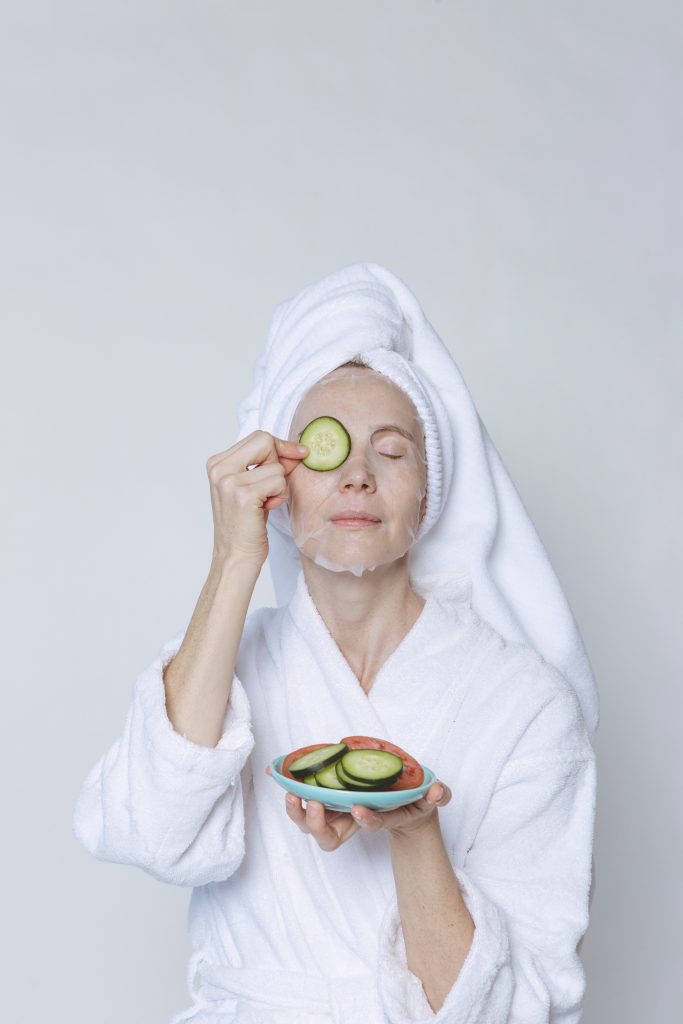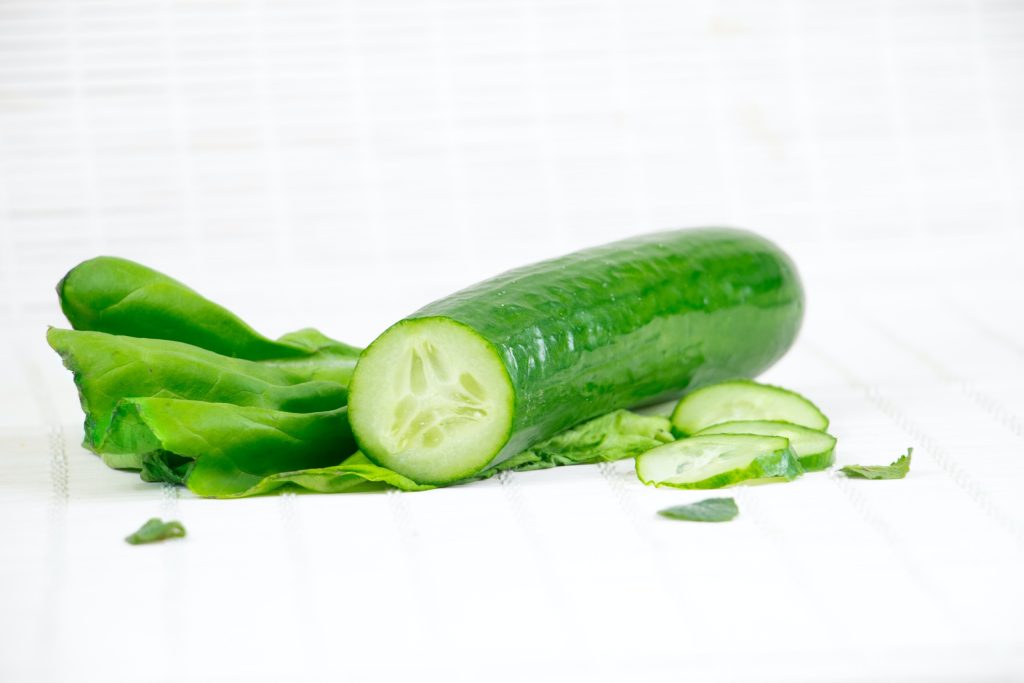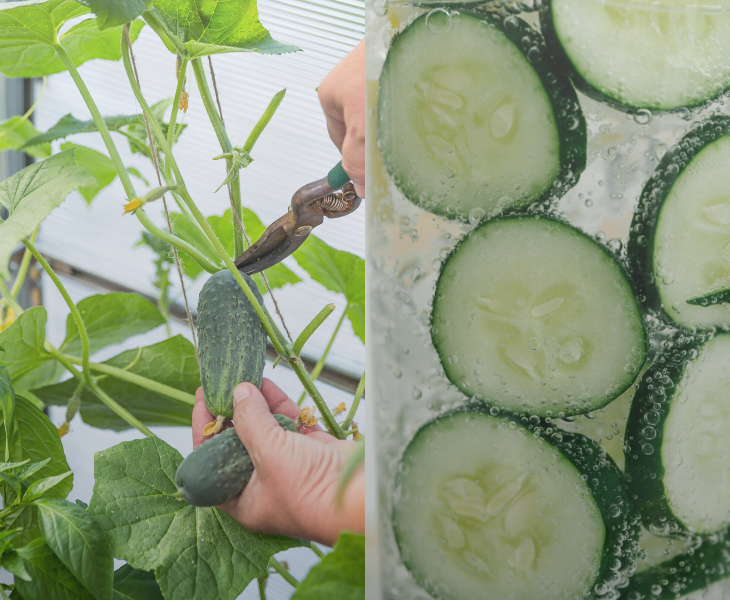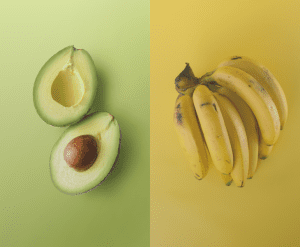Cucumbers have a flavor that is not overpowering and can be described as reviving. They also contain a lot of water. They have the ability to treat dehydration and are a pleasant food to consume when the temperature is high. Cucumbers, although a fruit, is commonly used in savory dishes. Some cosmetics also include it as an ingredient.
The Cucurbitaceae family includes the cucumber. Squash and many melons, especially bitter melons, are also related. Cucumbers contain nutrients but few calories, fat, cholesterol, or sodium.
Cucumbers have been a staple of the Mediterranean diet for thousands of years, and their cultivation and consumption in India date back to prehistoric times.
In this article, we’ll take a look at the health benefits of cucumbers, the nutritional value they may offer, and some helpful hints for preparing and enjoying cucumbers.
What Are the Health Benefits of Cucumbers to Our Bodies?
1. Keeps You Hydrated
Cucumbers contain electrolytes that can assist in warding off dehydration. Cucumbers are primarily composed of water, and in addition, they include a number of vital electrolytes. They can help you stay hydrated when it’s hot or after you work out.
Those who do not take pleasure in drinking water may find that enhancing it with cucumber and mint makes it more appealing to drink.
Maintaining a healthy intestinal tract, avoiding constipation and other gastrointestinal issues, avoiding kidney stones, and other health issues all depend on enough hydration.
One of the meals that are most effective at retaining water is the cucumber. What are some more meals that are beneficial for keeping you hydrated?
2. Good for the Bones

Vitamin K plays a role in the coagulation of blood, and research suggests that it may also assist bone health.
The USDA reports 10.2 mcg of vitamin K in a 142-gram (g) cup of chopped, unpeeled, fresh cucumber (USDA).
According to the Dietary Guidelines for Americans 2015–2020, the recommended consumption of 90 micrograms daily for females older than 19 years and 120 micrograms daily for guys of the same age group.
Additionally, each cucumber has 19.9 milligrams of from a source that can Trust of calcium. Calcium intake has to range between 1,000 and 1,200 mg per day for adults, depending on both gender and age.
The absorption of calcium is helped along by vitamin K. These nutrients, when taken together, have the potential to contribute to healthy bones. Vitamin D is also essential for maintaining healthy bones.
3. Help Prevent Cancer
Cucumbers, which belong to the plant family Cucurbitaceae and are known by their scientific name cucurbitacin, have a high concentration of the bitter-tasting nutrient.
There is some evidence that cucurbitacins can help prevent cancer by inhibiting the reproduction of cancer cells, as stated in an article that was published in the International Journal of Health.
Cucumbers that have been sliced up and eaten with their skins on provide approximately one gram of fiber. Fiber consumption has been linked to a reduced risk of colorectal cancer.
4. Relieve Eye Puffiness

According to Dr. Boling, you can soak up the anti-inflammatory properties of foods like turmeric and ginger not only on the inside of your system when you consume them but also on the outside of your body. It wasn’t just for the sake of the visual effect when you saw someone at a spa placing cucumber slices on their eyelids as they were getting a facial on television: According to Dr. Boling, putting cucumber slices on your eyes is an effective treatment. They have the capacity to reduce irritation, as well as redness and puffiness.
5. Bring Out the Radiance in Your Skin
Dr. Boling recommends producing a cucumber skin mask to moisturize and rejuvenate your skin, similar to placing cucumber on your eyes. In addition to being a relaxing and cooling remedy to summer sunburn, some study suggests that cucumbers offer cleansing characteristics that could be especially useful for the skin.
6. Ability to Control Your Digestion
It’s true that we’ve spent a lot of time discussing the importance of staying hydrated, but that’s because few fruits and vegetables have such a high water content as cucumbers and the fact that every single function of our body, including our digestive system, is dependent on water.
Dr. Boling advises drinking enough water to avoid constipation. When there is a loss of fluids, there needs to be a greater intake of fluids.
In addition, the high fiber content of cucumbers is beneficial to your digestive system, since it increases the volume of your bowel movements and helps to keep them regular.
How to Get the Most Out of the Health Benefits of Cucumbers?
There are a variety of simple approaches you may take to incorporate more cucumbers into your diet; however, some of these approaches are more healthful than others.
1. Keep the peel on the fruit.

Because the peel of a cucumber is where many of that vegetable’s nutrients are concentrated, if you’re eating cucumbers to increase the number of vitamins and minerals in your diet, you shouldn’t remove the peel but rather keep it on the vegetable.
Keep in mind, however, that if you want to gain the health benefits of cucumbers and consume them unpeeled, you will either need to buy organic cucumbers or make a concerted effort to wash your cucumbers very thoroughly.
2. Blend, don’t juice
In spite of the fact that drinking cucumber juice may seem like an appetizing method to beat the heat on a summer day, the best way to enjoy this refreshing vegetable is by pureeing it in a blender.
3. Eat them raw rather than pickled.
There are two kinds of individuals in this world: those who like pickles and those who don’t like pickles. Although it is perfectly OK to eat pickle slices on a burger, you should try not to rely on pickles as the primary source of your cucumber consumption. According to Gorin, pickled cucumbers contain a great deal more salt than raw cucumbers do. Therefore, if you are trying to limit your sodium consumption or have hypertension, she recommends opting for fresh cucumbers rather than those that have been steeped in brine.
Cucumbers Facts You Might Not Know

- Nutritionally, cucumbers are rich in vitamins B1, B2, B3, B5, and B6, folic acid, vitamin C, calcium, iron, magnesium, phosphorus, potassium, and zinc. Who requires a multivitamin anyway?
- It’s a little-known fact, but eating cucumbers can help freshen your breath. The phytochemicals can eliminate the problematic bacteria in your mouth if you press a slice against the roof of your mouth with your tongue for 30 seconds.
- You can keep your garden pest-free all summer long by placing a few slices in a miniature pie tin. Cucumbers contain chemicals that, when combined with aluminum, produce an odor that is undetectable to humans but sends garden pests running for cover.
- Cucumbers have a waxy coating that can actually remove ink; rubbing the skin of the cucumber over the writing will gradually take away the ink. When compared to the erasers I used in school, these actually erase the ink.
- In addition to being mostly water, cucumbers are a good source of electrolytes. It’s useful for staying hydrated in the heat of summer or after a strenuous workout. They’re mostly water, making up 95% of their composition. Cucumbers, when eaten as a snack, can also assist in preventing hunger pangs.
- You can apply cucumbers directly to your skin. Reduced irritation, swelling, and inflammation are just some of the benefits of a cooling slice of cucumber. Putting a slice of cucumber on your eyes in the morning can help reduce the puffiness you may have noticed.
- For eons, people have been munching on cucumbers. Domestic cultivation of these plants likely began in ancient India sometime in the second or third millennium BC.
- Cucumbers have shown promise in studies as a diabetes treatment and prevention tool. As a key hormone in the breakdown of hepatic glycogen, cucumber promotes the release of insulin and controls the metabolism of the hormone.
- Need to look your best at a meeting or job interview, but you just don’t have time to polish your shoes? You can give your shoes a quick, long-lasting shine that looks great and repels water by rubbing a freshly cut cucumber over them.
The Bottom Line

Cucumbers are generally safe to eat. The use of pesticides by farmers on them is a possible cause for alarm. Peel them or wash them under warm running water to remove the skin before eating. That will guarantee that your cucumber is free of any harmful bacteria.
The waxy coating on a cucumber’s skin is entirely organic. Cucumbers lose their natural wax when they are washed after being picked, so farmers often apply synthetic wax before sending the fruit to market. Wax makes them last longer on the shelf, but it also traps bacteria. It’s safe to eat a cucumber that has been waxed, but some people prefer to remove the wax from the surface before eating it.
However, the majority of these nutrients are found in the skin. Getting organic cucumbers and thoroughly cleaning them before eating them could be preferable.
Did you find this helpful? Let us know in the comments.
For more tips & facts about other plants’ health benefits, you can visit our Facebook and YouTube Page.
You might also like:









1 thought on “6 Wonderful Health Benefits of Cucumbers”